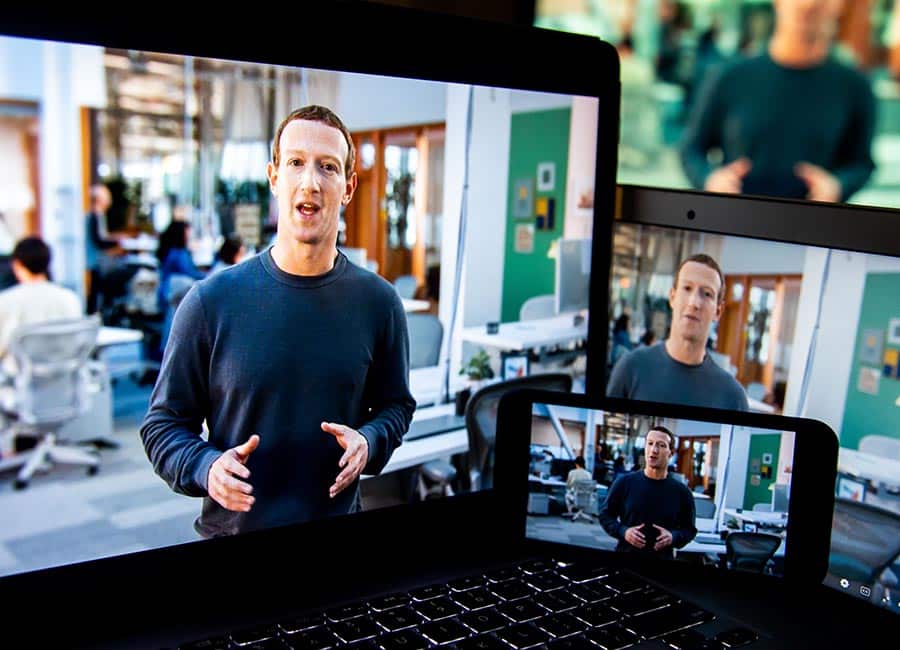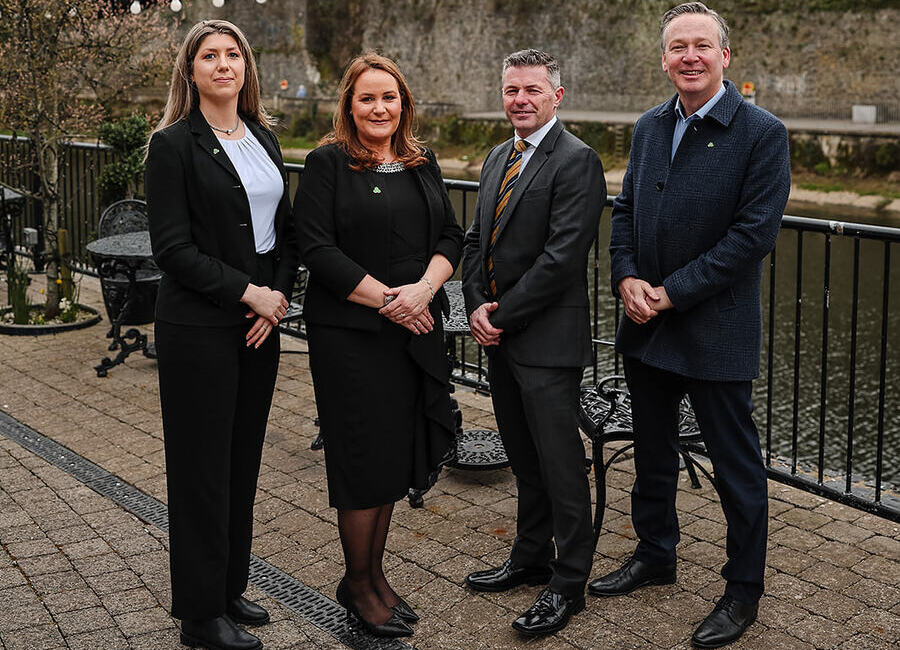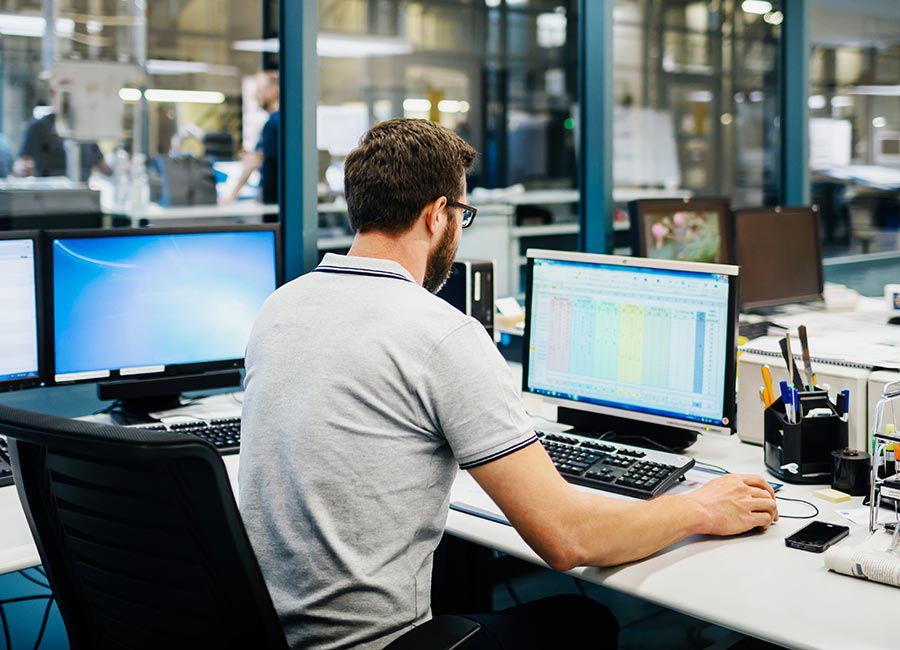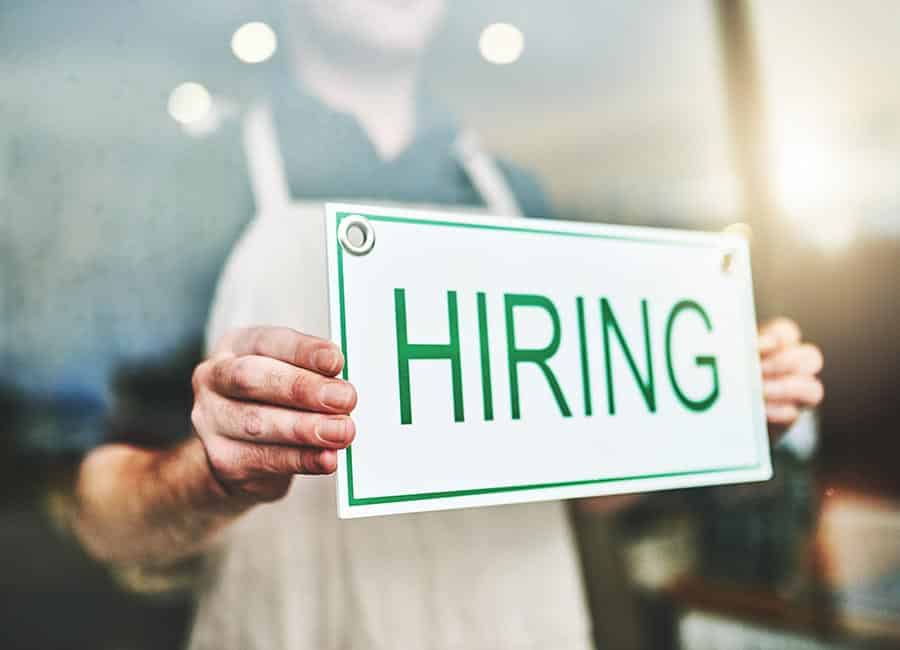More than half of Gen Z and four in 10 of millennials plan to leave their current roles within two years, citing concern about the economy and a desire for a better work-life balance and more flexible working arrangements, according to Deloitte.
Some 56% of workers from Generation Z, those born in the mid 1990s to the early 2000s, and 40% of millennials, those who reached adulthood in the early 21st century, will seek new roles in the next two years.
Some 53% of millennials believe the economic situation will worsen in the next 12 months compared to 36% of Gen Z, and cost of living is the primary concern of Irish millennials, with 25% of millennials leaving their employer in 2022 as a result of burnout.
Participants in the study from 45 countries are more willing than ever to leave for fresh opportunities, Deloitte said, seeking better salaries, work-life balance, flexibility and organisations focused on climate change in the wake of the pandemic.
Many have reassessed what is important to them following Covid-19 and will make career decisions based on their reassessment.
"The top trend that stood out in the Irish context in this survey is a strong desire and decisiveness around a better work-life balance. The fact that one-in-four of the millennials surveyed have already left their roles due to burnout – no doubt exacerbated by the demands and stresses of the pandemic – shows that this is area employers really need to address and focus on, if they are to retain talent," said Gary Notley, director for human capital at Deloitte Ireland.
"While Ireland did experience the ‘Great Resignation’, there is however an opportunity to redefine it to the ‘Great Reimagination’. Organisations can recover and thrive by reflecting, revisiting, and reinventing work to better leverage technology, harness the power of workforce, and reimagine the workplace.
“One in two millennials and one in three of Gen Zs said that better work-life balance is the main consideration when looking at an organisation’s offering in 2022. This correlates with the second trend around mental health. Globally and in Ireland, Gen Z employees have been most affected by anxiety, stress and mental health issues over 2021 and 2022.

“Climate change is also a key concern with three quarters of both cohorts in Ireland agreeing that the world is at a tipping point in responding to climate change. Concern about this is becoming increasingly pivotal in the decision-making processes of those in their 20s, 30s and 40s,” Notley concluded.
Three-quarters of Gen Z (75%) and millennials (77%) prefer hybrid or full remote working, with nearly half of Gen Z saying they feel stressed all or most of the time, and millennial stress levels falling slightly from last year.
More than half of respondents saying their employer is more focused on workplace well-being and mental health, since the start of the pandemic, but many do not believe the increased focus has resulted in any meaningful impact on employees.
Over 90% of all millennials and Gen Zs globally are now actively trying to impact the environment through positive choices, with a third of both groups in Ireland ranking climate change and protection of the environment as a top three concern.
Nine in ten of both groups surveyed here said they try to minimise their personal impact on the environment, but only 6% of Irish millennials and 12% of Gen Zs believe that large companies are taking tangible actions to combat climate change.
Their feelings about the Irish government’s performance rate even more poorly with only 3% of Irish millennials and 7% of Gen Zs here agreeing that they are highly committed to climate change.
Of the 23,220 respondents from 46 countries across North America, Latin America, Europe, the Middle East, Africa and Asia Pacific, 14,808 were from Gen Z and 8,412 were millennials. There were 400 respondents in Ireland: 300 Gen Zs and 100 millennials.
(Pic: Getty Images)











